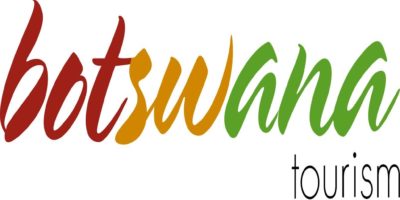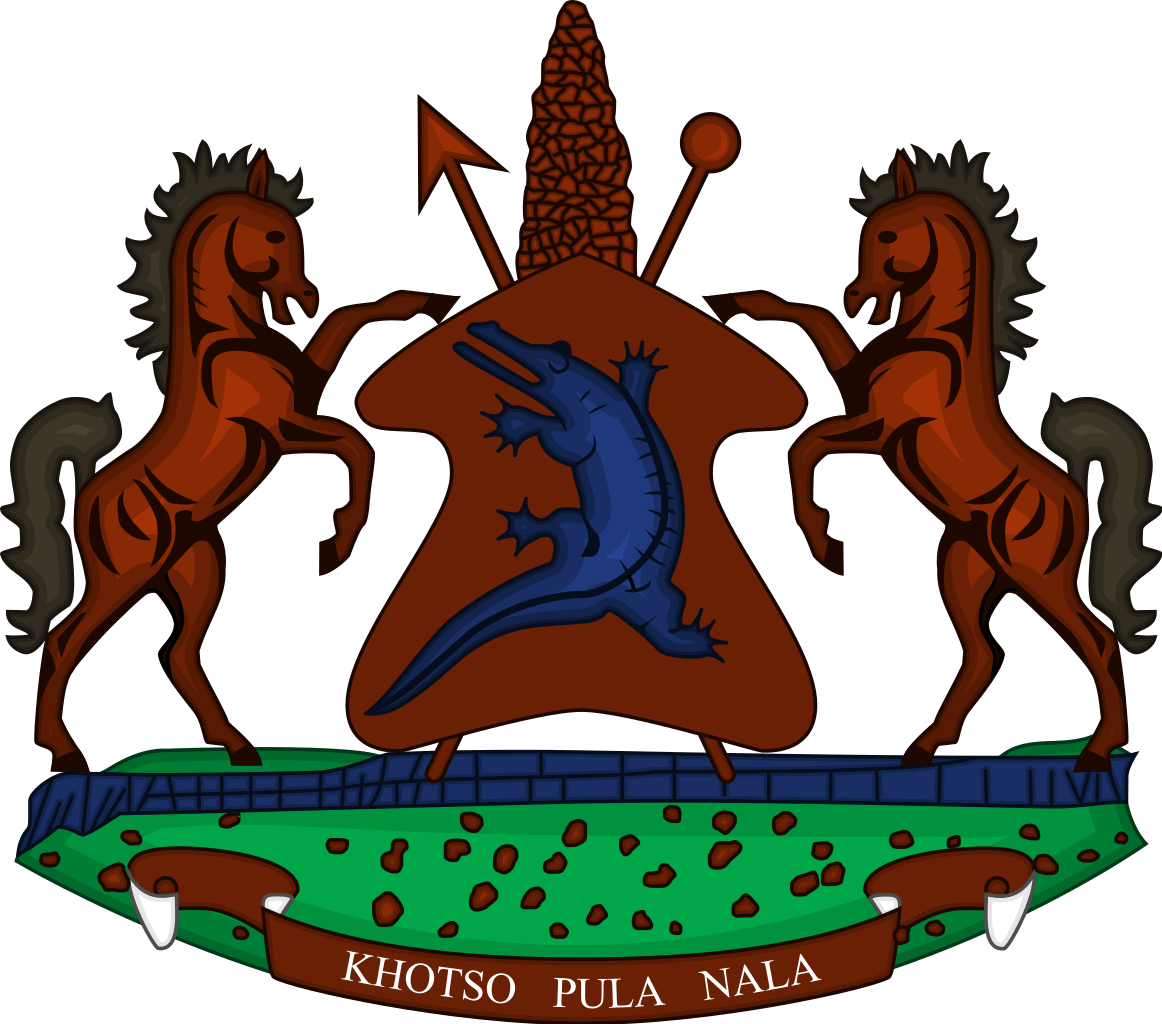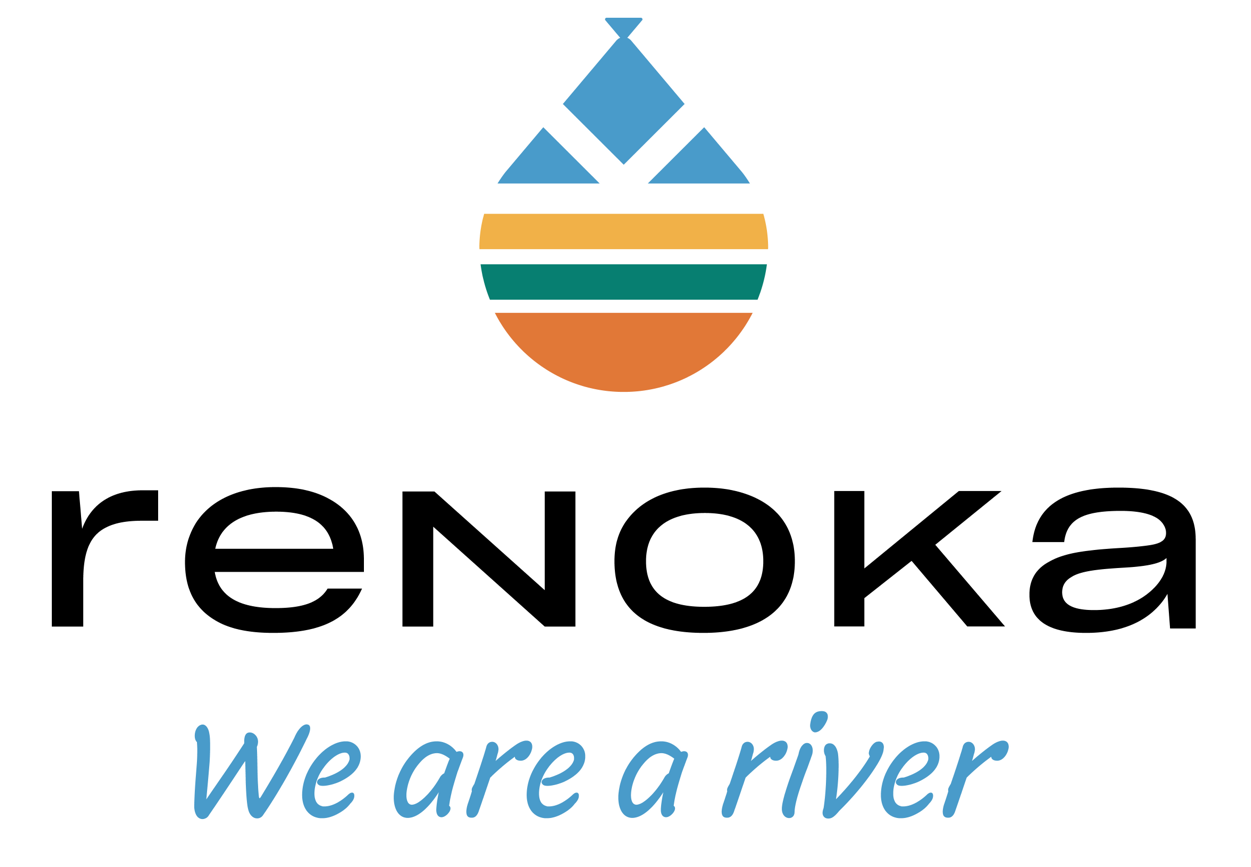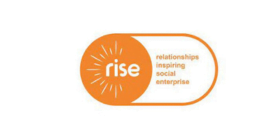Botho University’s partnership with KTH Royal Institute of Technology, Sweden’s Largest Technical University for mutual capacity building towards the SDGs and Developing Socially and Environmentally Responsible Students as part of our Botho Graduate Profile (BGP).

What is Challenge Driven Education or CDE-Education for Sustainability?
Botho University through its partnership with Global Development Hub and KTH Royal Institute of Technology (Sweden) is promoting “Challenge Driven Education (CDE)” currently at our Botswana and Lesotho campuses. CDE is a pedagogy that we have adopted aimed at promoting education on sustainable development. The overall aim of the approach is to prepare students to work with local communities, identify their challenges and develop solutions along the lines of United Nations Sustainable Development Goals (SDGs).
Challenge Driven Education is largely achieved through applying the design thinking process in a challenge driven, human-centered, solutions-focused, action oriented manner to create innovative solutions. This initiative promotes multidisciplinary teamwork amongst students from different disciplines and ensures that a Botho University graduate is able to use their education to make a positive contribution to their society and to the environment. Since 2019, 7 cohorts of students at Botho University.
How is Challenge Driven Education implemented at Botho University?

Challenge-Driven Education is an impact-oriented project-based learning approach where multi-perspective student teams collaborate with various external stakeholders in projects that are addressing local societal challenges related to the Sustainable Development Goals in UN’s 2030 Agenda.Selected groups of students also have opportunities to work with regional and international students to collaborate on similar societal challenges from other parts of the world developing their intercultural understanding. Further as part of this intiative, selected groups of students also get a chance to travel on student exchange to further pursue their research at our KTH Royal Institute of Technology in Sweden.

What are the modules offered by Botho University under “Challenge Driven Education” ?
Since 2016, Botho University has been working with our internationally acclaimed partner KTH Royal Institute of Technology to develop 3 modules under Challenge Driven Education, promoting “Design Thinking” methodology amongst our students. Our homegrown modules are:
How was Botho University academic team equipped to deliver Challenge Driven Education?
Botho University senior academic staff comprised of eight staff members have undergone the CDE training facilitated by experts from KTH Royal Institute of Technology. The team at Botho University comprises of a teacher, a coordinator and six supervisors who are fully responsible for in guiding the students throughout their projects.
Botho University was part of extensive knowledge sharing and co-creation sessions conducted synchronously between various internationally recognised universities including University of Tokyo in Japan, University of Cape Town in South Africa, Chalmers University of Technology in Sweden and Linkopings University in Sweden. Our academic team was trained rigorously on following themes for effective delivery of Challenge Driven Education:


Who are Botho University’s Industry Partners?
Botho University is grateful to the following Industry partners for their support to our students by offering them real life challenges to work on as part of our Innovation for Sustainable Development (ISD) module.
Our Industry Partners In Botswana:






Our Industry Partners In Lesotho:





Who are Botho University’s Academic Partners?
Botho University homegrown module namely the Innovation for Sustainable Development (ISD) offered by our Faculty of Engineering and Technology has grown from strength to strength due to its relevance, importance and success. It recently been expanded with the collaboration of staff from the KTH Royal Insitute of Technology, Sweden, University of Strathmore in Kenya and the University of Dar es Salaam in Tanzania.The ISD module was offered remotely in 2021 to students who were trained and collaborated on projects online and across time zones.